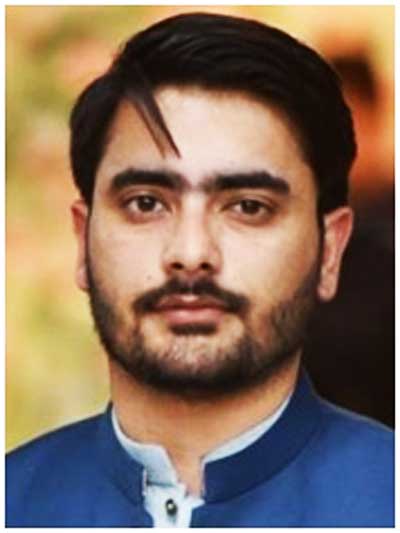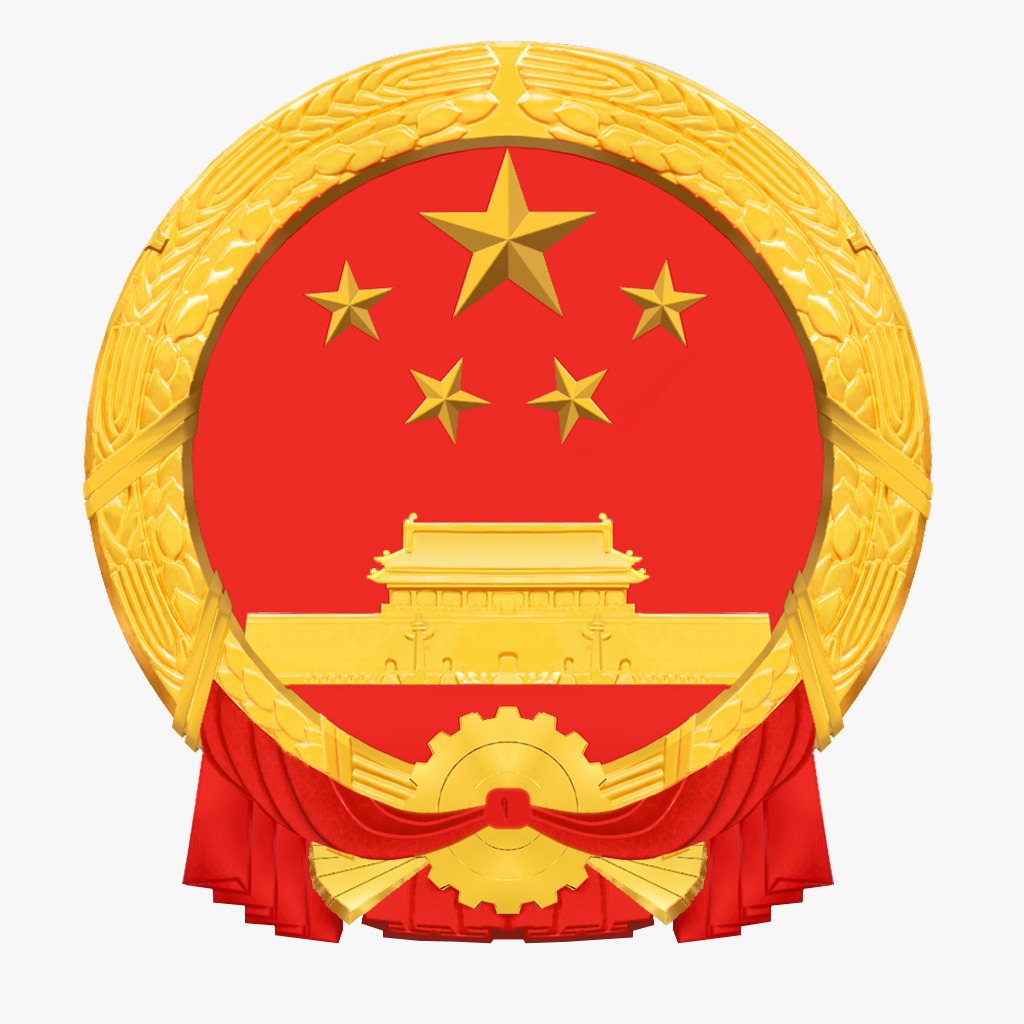“Unhappy the land that needs heroes”- Life of Galileo, Bertolt Brecht
In the tumultuous history of Pakistan, one overarching theme has consistently hindered its progress and development: hero worship. This unhealthy obsession with charismatic leaders has not only stymied the nation’s growth but has also perpetuated a cycle of mediocrity and stagnation. While every country experiences its share of admiration for leaders, Pakistan’s unique blend of historical, cultural, and political factors has amplified this phenomenon to an alarming extent, resulting in dire consequences for its overall existence.
From the nation’s inception, charismatic leaders have captured the hearts and minds of the Pakistani populace, often to the detriment of the country’s institutions and societal growth. The cult-like reverence for figures like Jinnah, Bhutto, and even military leaders has overshadowed critical analysis and healthy discourse. This misplaced loyalty has led to the erosion of democratic norms, allowing leaders to consolidate power unchecked and suppressing opposition voices. As a result, the very essence of a thriving democracy has been compromised, leaving Pakistan vulnerable to authoritarian tendencies.
Hero worship has also contributed to the country’s chronic political instability. The elevation of leaders to god-like status has hindered the emergence of strong and resilient political parties capable of upholding the interests of the nation. Instead, parties become synonymous with their leaders, weakening their organizational structures and fostering a cult of personality that puts personal loyalty above the welfare of the state. This lack of institutionalization has, time and again, left Pakistan grappling with leadership vacuums and coalition collapses, hindering its ability to make meaningful progress.
Furthermore, hero worship’s corrosive effects extend to the economy, hindering sound policy decisions and discouraging much-needed reforms. When leaders are placed on pedestals, their every word and action are sanctified, leading to the uncritical acceptance of policies that may be detrimental in the long run. Economic decisions are often made based on short-term political considerations rather than the nation’s fiscal health. The ill-fated nationalization policies of the 1970s under Bhutto’s leadership serve as a stark reminder of how unchecked hero worship can lead to economic ruin.
Education and intellectual growth have also been casualties of hero worship. A society that places its leaders on unassailable pedestals discourages critical thinking and independent analysis. Intellectual diversity is stifled, as dissenting voices are drowned out by the overwhelming chorus of hero worship. This has contributed to the decline of educational standards and innovation, hampering Pakistan’s ability to compete on a global scale. The lack of emphasis on research and development further perpetuates a cycle of underachievement and dependence on external sources of knowledge and technology.
Perhaps the most concerning aspect of hero worship is its role in fostering a culture of intolerance and extremism. The deification of certain leaders has often been accompanied by a demonization of others, fueling divisions and deep-seated animosities within society. This polarization not only undermines national unity but also creates fertile ground for extremist ideologies to take root. When leaders are placed on such high pedestals, their followers may interpret any criticism as an attack on their beliefs, leading to a dangerous us-versus-them mentality that has the potential to tear the fabric of society apart.
To break free from the shackles of hero worship, Pakistan must embark on a comprehensive and multifaceted approach. First and foremost, there is a need for a robust education system that encourages critical thinking, intellectual curiosity, and a healthy respect for diversity of thought. By cultivating an environment in which citizens are empowered to question and challenge authority, Pakistan can lay the foundation for a more informed and enlightened society.
Secondly, there must be a concerted effort to strengthen democratic institutions and promote political pluralism. This entails nurturing political parties that are built on strong organizational structures rather than the charisma of a single leader. By focusing on merit-based leadership and transparent governance, Pakistan can begin to move away from the cycle of hero worship that has plagued its political landscape.
Furthermore, the media has a pivotal role to play in shaping public perception and discourse. Journalists and media outlets must prioritize objective reporting, thoughtful analysis, and the elevation of issues over personalities. By highlighting policy implications and long-term consequences, the media can steer the narrative away from hero worship and towards a more balanced and holistic understanding of national affairs.
To sum up, hero worship has undeniably been a core curse on Pakistan’s existence. It has stifled democracy, hindered economic progress, and bred a culture of intolerance. To break free from this destructive cycle, Pakistan must prioritize education, strengthen democratic institutions, and promote a more responsible and accountable media landscape. Only through these concerted efforts can the nation hope to overcome the curse of hero worship and pave the way for a brighter and more prosperous future.




